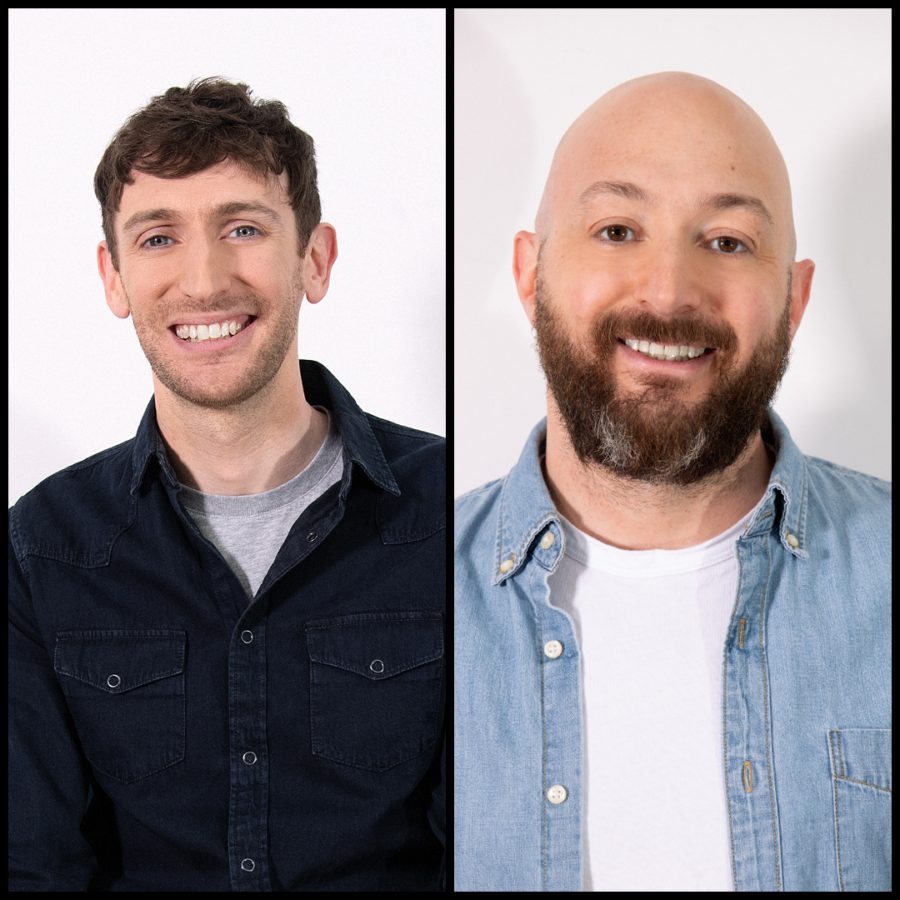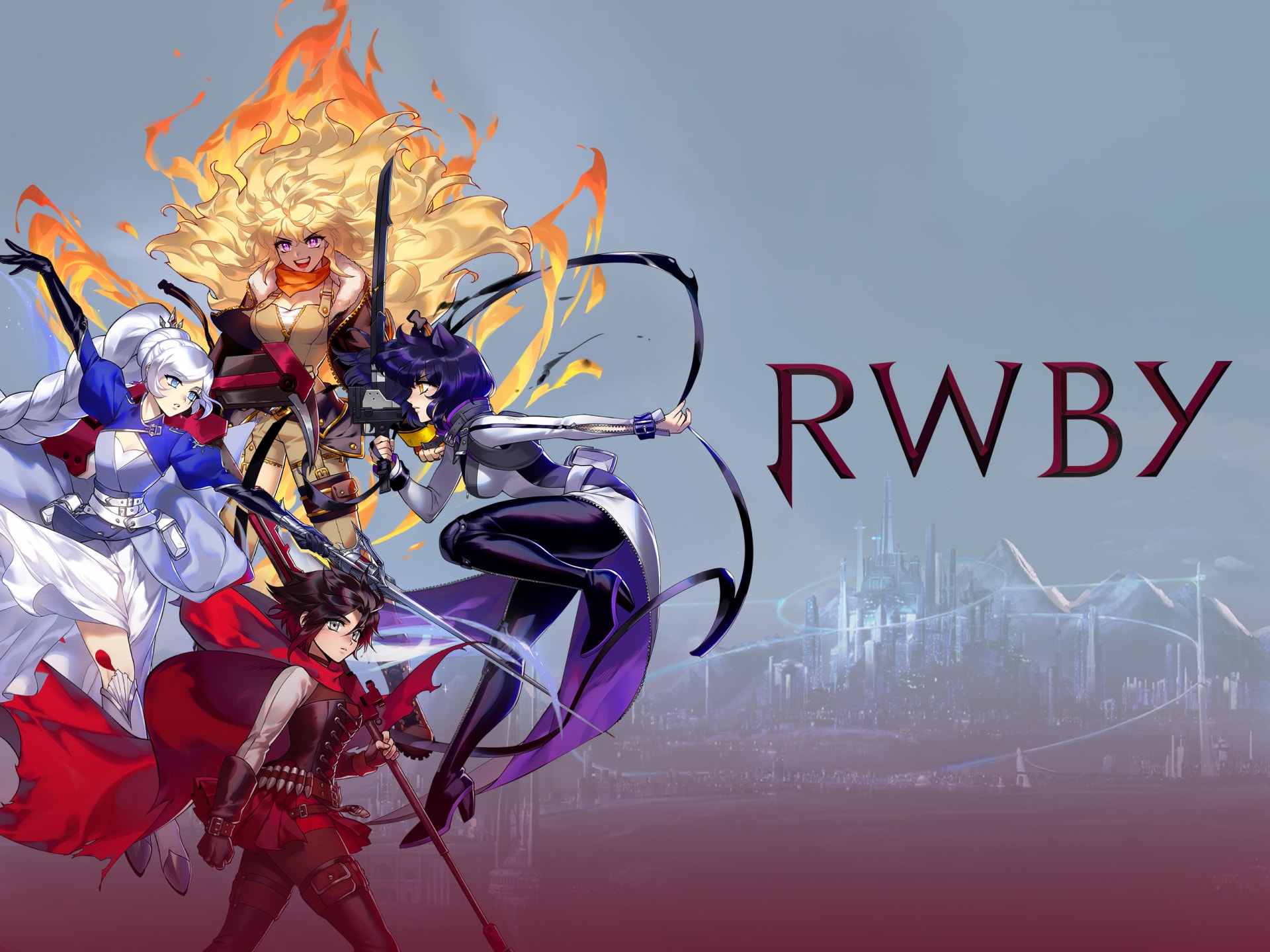Season Review: Harley Quinn Season Three
Overview:
Harley Quinn and Poison Ivy return from their lavish “Eat. Bang. Kill” Tour and are eager to prove themselves as Gotham City’s new villainous power couple. Harley and Ivy have never been more free, empowered, and loved than they are when they’re together, but this whirlwind romance leaves them both with fresh problems, both as a couple and as supervillains.
Our Take:
Season three of Harley Quinn hits the ground running with a rejuvenated sense of energy that comes from Harley and Ivy finally getting to embrace each other as a couple. Regardless of the story that’s being told, Ivy and Harley’s love comes across as so honest and sweet that it automatically bolsters whatever is going on. This fresh perspective and dynamic is purely fun in a chaotic evil capacity, but it digs into real relationship issues of substance. Ivy struggles with teamwork and finding her confidence in a new leadership role as she helps Harley’s team pull off heists, while Harley attempts to find the right balance between work and romance. Harley Quinn has never been more of a full-on rom-com, but this fresh angle pushes the series to its best and most satisfying episodes yet.
Season three of Harley Quinn faces a deficit of characters with former cast members like Dr. Psycho, Sy Borgman, and Kite Man either completely absent or reduced to a supporting presence. Rather than panic and add extraneous figures to fill these gaps, Harley Quinn instead reinforces its existing characters and spends this extra time to flesh out supporting aspects of the series like Batman’s Bat Family and Gotham City as a whole. Batman and his cabal of support have always been an entertaining dimension of the series, but this year there are direct parallels between the growing pains of Harley Quinn’s crew and the expanded Bat Family.
The struggles of these disparate characters are juxtaposed against each other in ways that feel justified rather than gratuitous. Both adoptive families learn lessons and collectively grow. The biggest hurdle that Batman and company need to make adjustments for this season is the return of Nightwing (Harvey Guillén). The ways in which Nightwing complicates the teamwork dynamics of the Bat Family parallels the new schism that’s faced in Harley’s squad through Ivy’s new leadership role. Even Commissioner Gordon’s fractured family adheres to this mold.
Season three of Harley Quinn focuses on the cavalcade of character development for Harley and Ivy, but these episodes also deliver enlightening enlightening growth for the Joker. It’d be so easy for Harley Quinn to present the Joker as a jilted lover and a perpetual obstacle for Harley and Ivy, but the family sitcom-esque angle that Joker adjusts to as a stepdad is infinitely more interesting. Standard Joker shenanigans in the context of PTA meetings and other slice of life scenarios is a storytelling goldmine and Harley Quinn doesn’t disappoint in this department. It’s also so much fun to see this series riff on every iteration of the Joker where nothing is sacred. There are delicious shoutouts to the hat that Nicholson’s Joker wears in Batman and Phoenix’s toe-tapping routine from Joker.
What’s so important about Harley Quinn’s extended look into Joker is that this isn’t meant to be exploitative. It’s all played very earnestly and all of the material with Joker’s makeshift family is genuinely sweet and speaks towards the character’s emotional growth. At no point does Harley Quinn toy with the idea that his suburban attitude is some sort of act or a villainous means to an end. Instead, it doubles down on how this is what’s best for the Joker and actually the perfect way for him to creatively express himself.
This growth is all the more staggering when it’s taken into consideration how much of the first season revolved around Harley and Joker’s dynamic, which worked, but feels like such a relic of the past. Joker’s journey, as well as Harley and Ivy’s relationship, feel so natural and effortless that it’s hard to believe that this wasn’t the initial conceit of the series. It also cannot be emphasized enough how strong Alan Tudyk’s work is here in the few episodes that focus on the Clown Prince of Crime. He’s always been strong in this role, but he’s truly made it his own at this point and his performance has never been stronger.
A lot of the episodes this season begin with somewhat conventional ideas, but there’s strength in how every storyline beautifully eschews expectations and doesn’t give into typical cliches. There’s a beautiful episode that shines light on Kite Man’s new relationship with Golden Glider, and how Ivy and Kite Man’s new flame can empower each other through their shared history instead of tearing each other apart. This is a show that largely focuses on villains, but most episodes are about unity rather than destruction. It’s consistently a shock that a comic book parody taps into such universal truths and emotional storytelling.
Harley Quinn remains deeply funny purely on a comedic level, but the way in which it continues to subvert and offer fresh takes on DC characters who have been around for the better part of a century is incredible. It’s completely possible to enjoy Harley Quinn with zero superhero knowledge, but those who have even cursory information on comics will witness new depth in classic characters.
Harley Quinn lovingly lampoons so many DC characters, but one of the strongest aspects of the show’s third season is the open conversation that it has about police ineptitude and criminal justice reform in Gotham. It temporarily makes it feel like you’re watching an episode of The Wire. The laughs never stop, but it’s impressive how Harley Quinn engages in relevant conversations about society through its funhouse mirror lens. It’s a welcome dimension to the series that makes this Dadaist world feel increasingly real.
It’s just ridiculous that an animated series focused on Harley Quinn would become one of the best and realistic depictions of Gotham City that’s willing to explore questions that other more “serious” takes on Batman aren’t. It’s rewarding developments like this that make the strongest case for why a season four is necessary. Each season has expanded upon its depiction of Gotham City that, again, doesn’t feel dissimilar to The Wire. Here’s hoping for a season that’s focused on Gotham’s dock workers.
Harley Quinn has always been generous when it comes to its use of DC fan service, but each episode this season is the perfect mix of in-jokes, relationship dynamics, ultra violence, and heightened heists that are all a lot more fun than the past seasons’ storylines. One episode into Bruce Wayne’s psyche even cleverly revisits sequences from old Batman: The Animated Series footage.
Harley Quinn’s third season feels more naturalized when it comes to its incorporation of episodic plots and compounded serialized storytelling. This fun mix covers everything from Court of Owls Eyes Wide Shut-style orgies to a Joker porn parody called “The Trilling Joke.” Satisfying running jokes throughout the season are dense in DC lore, like Selina Kyle’s house becoming Harley’s new hideout, James Gunn directing a Thomas Wayne biopic, and a heated mayoral race in Gotham. Bane also undergoes a surprisingly deep identity crisis that effectively recontextualizes the loose cannon. This season also brings fresh DC blood like the Mad Hatter, Constantine, and Swamp Thing into the mix, all of whom are used to great effect.
Harley Quinn has been a surprising delight right from its first episode and the show’s newest season represents its best material yet. After two seasons, Harley Quinn has carefully course-corrected and erased any weak links so that these installments are without compromise. The same zany energy is present from before, but the series is now more confident when it comes to serialized storytelling, satisfying character growth, and its use of heightened parody when it comes to some of the most beloved and iconic figures from comics. Season three of Harley Quinn is only ten episodes as opposed to the first two 13-episode installments. However, it doesn’t feel like there are any concessions in this shorter season. If anything, it somehow seems to cover even more ground.
Harley Quinn has officially evolved from niche morbid fascination into one of the smartest, funniest, and most emotionally mature series on television, animated or otherwise.
Season three of ‘Harley Quinn’ begins to stream on HBO Max with three episodes on July 28th, with weekly episodes following

























Just cancel this bird already. The chicken is beyond cooked. It's burnt to a crisp.